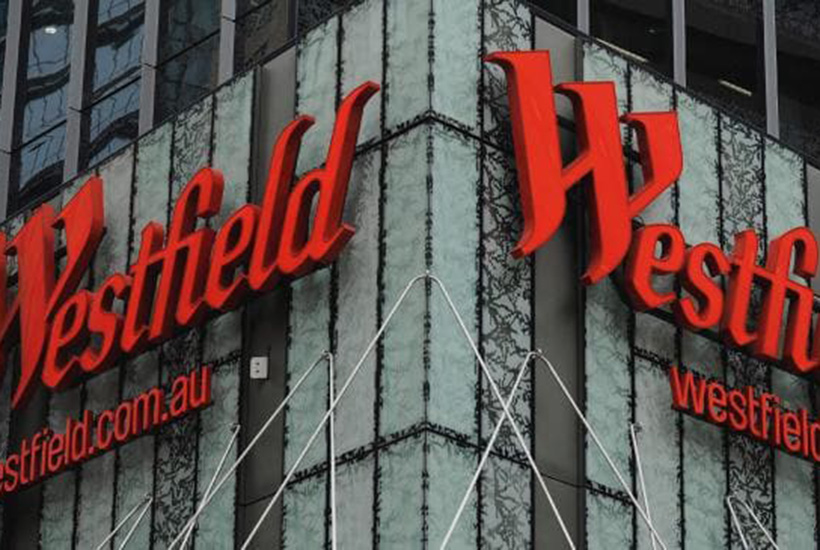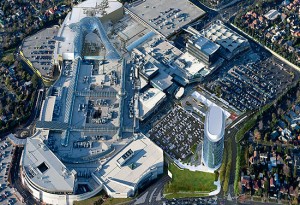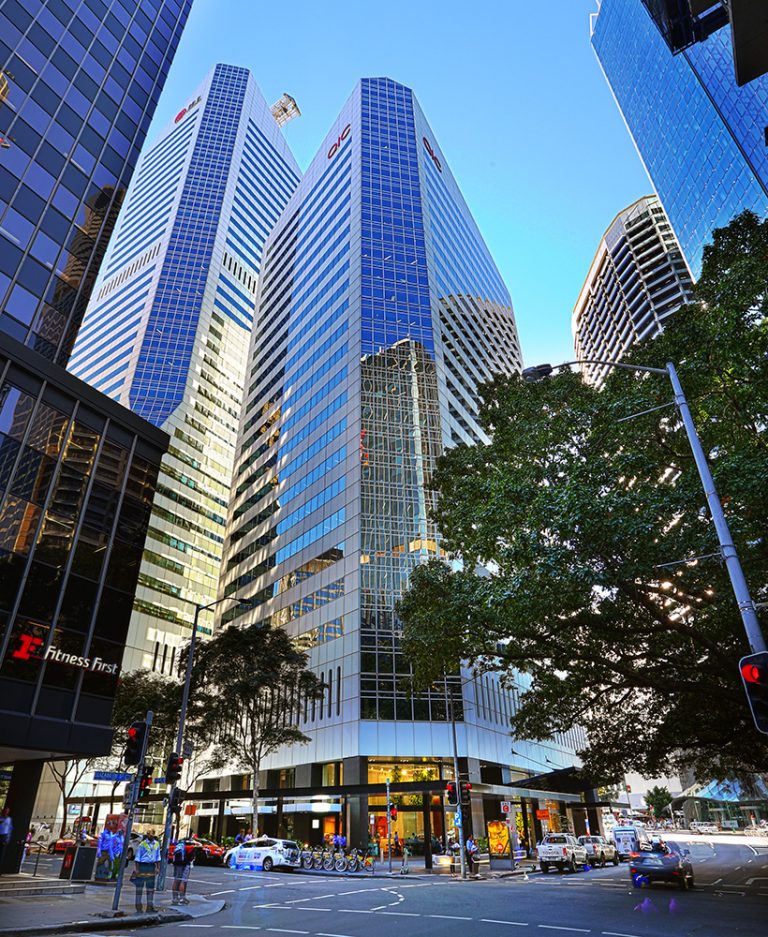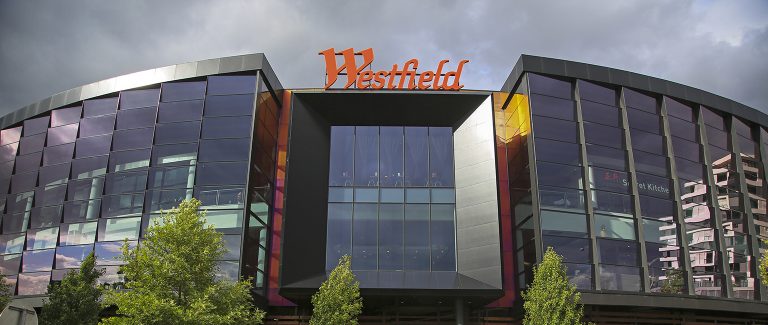Scentre, Vicinity consider $4bn shopping centre selloff

Billions of dollars worth of property could be sold off by major mall owners Scentre, which runs the local Westfield empire, and rival Vicinity Centres, as they battle a permanent fall off in values, Citi has warned.
The pair could look to sell about $4 billion worth of centres at a time when the market for major regional centres is all but frozen as major offshore buyers are unable to transact and global mall groups are in even worse positions.
The pressure on the listed groups comes as unlisted mall players, including Lendlease’s APPF Retail Fund, ISPT and AMP Capital, are also being pushed to meet redemptions by clients.
The coronavirus has ripped through the global mall industry, dramatically accelerating forces weighing on the sector, including modest sales growth, consumers switching to e-commerce and too much retail space being built.
The initial focus has been on the fight between landlords and stressed tenants refusing to pay rent but Citi warned longer term shifts towards lower sales, driven by reduced incomes and more cautious consumers, much higher take up of online shopping, and retailers shutting down loss-making or marginal outlets were the catalyst for a major reset.
Citi is predicting an L-shaped recovery for rental income as it dives due to rental waivers to tenants and then struggles to come back, saying market forecasts were still too positive and mall stocks plunged last Friday.
The drop off in rental income expected for large mall owners of 10-15% is amplified in their earnings which could fall by about 20%, Citi says, with capitalisation rates, a measure of value, blowing out.
The analyst warned that an $11 billion overhang of unsold retail assets was never fully resolved pre-COVID and this could drive values down as listed real estate investment trusts tried to sell assets rather than raise equity while their prices were at record lows.
“We have been expecting substantial declines in retail values for some time, and now expect even greater downside of up to 30-plus per cent to book values,” Citi analyst Adrian Dark says.
“This suggests that some REITs may face gearing pressure … even heavily discounted asset sales may be more palatable than equity raisings at prevailing pricing,” he says.
If values dive, leverage would be “uncomfortably high” for landlords, potentially approaching 40% for Vicinity and 50% for Scentre. Citi forecasts the pair would not pay dividends over the next two halves and would wind their levels back. Investors are worried about them raising equity at hefty discounts but Citi says asset sales may be more attractive than raising equity.
The analysis says Scentre could look to sell $3.25 billion worth of assets and Vicinity could try to offload $750 million to help manage gearing. Citi said Vicinity’s disposals may be easier than Scentre’s as they may be smaller scale.
Resolution Capital, a major global property securities investment house, says in a report that retail is “down for the count” in the wake of lockdowns. “Rent collection is the top challenge for retail landlords today and is expected to suffer the worst levels of non-payment of any property sector,” Resolution said.
This article originally appeared on www.theaustralian.com.au/property.







